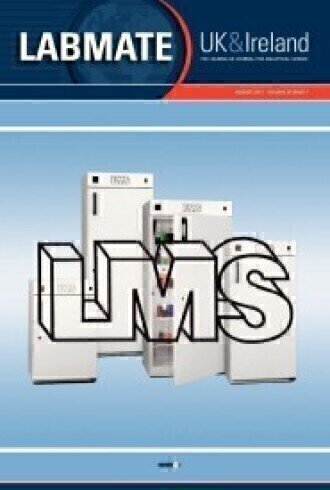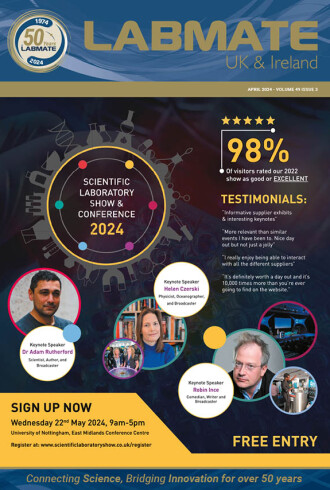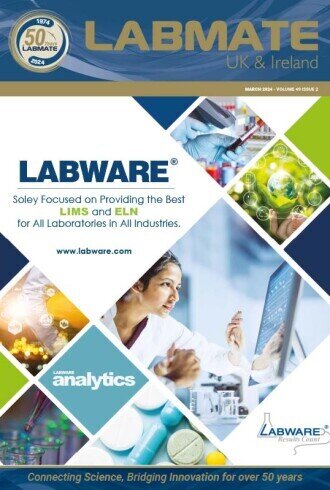Labmate UK & Ireland
Engineers create Antibacterial Stainless Steel
Materials scientists at the University of Birmingham have devised a way of making stainless steel surfaces resistant to bacteria in a project funded by the Engineering and Physical Sciences Research Council. By introducing silver or copper into the steel surface (rather than coating it on to the surface), the researchers have developed a technique that not only kills bacteria but is very hard and resistant to wear and tear during cleaning. Potentially beneficial to hospital environments, these bacteria resistant surfaces would also be of use to the food industry and in domestic kitchens.
The team has developed a novel surface alloying technology using Active Screen Plasma (ASP) with a purpose designed composite or hybrid metal screen. The combined sputtering, back-deposition and diffusion allows the introduction of silver into a stainless steel surface, along with nitrogen and carbon. The silver acts as the bacteria killing agent and the nitrogen and carbon make the stainless steel much harder and durable. The researchers replicated the cleaning process for medical instruments in hospitals. After cleaning the treated instruments 120 times they found that the antibacterial properties of the stainless steel were still intact and the surface still resistant to wear
Previous Digital Editions
Digital Edition
ILM 49.5 July
July 2024
Chromatography Articles - Understanding PFAS: Analysis and Implications Mass Spectrometry & Spectroscopy Articles - MS detection of Alzheimer’s blood-based biomarkers LIMS - Essent...
View all digital editions
Events
Jul 28 2024 San Diego, CA USA
Jul 30 2024 Jakarta, Indonesia
Jul 31 2024 Chengdu, China
ACS National Meeting - Fall 2024
Aug 18 2024 Denver, CO, USA
Aug 25 2024 Copenhagen, Denmark





24_06.jpg)













